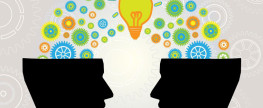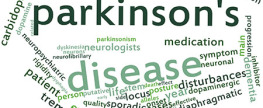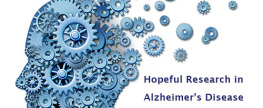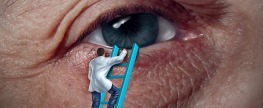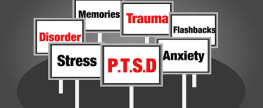
Post-Traumatic Stress Disorder and How It May Be Affecting You Karen is a happy-go lucky 65-year old retiree. She spends her time volunteering and working in her garden. One day, a good friend of hers picks her up to drive to church. On the way there, a semi-truck loses control and crashes into their car, killing Karen’s friend instantly. Karen survives, suffering only a few broken ribs, and bruising. Since the accident, Karen keeps having flashbacks, which cause her to lose sense of time. These flashbacks frighten her, and she has a hard time doing anything that reminds her of the accident. This includes going to church, riding in cars, or anything that reminds her of the friend she lost. She loses interest in things, and begins to drink heavily in order to deal with the anxiety she feels. Eventually, her family persuades her to go see a therapist, who diagnoses her with PTSD. Post-traumatic Stress Syndrome (PTSD) is an anxiety disorder that develops after someone is exposed to a traumatic event. This can include serious injury, sexual or physical assault, or any sort of life-threatening event such as natural disasters or near-death encounters among many others. It’s normal to feel an array of intense emotions after experiencing something traumatic, but if these feelings last for more than a month, it could indicate that a person may be suffering from PTSD. When we are faced with a dangerous situation, it arouses fear within us, which in turn causes our body to produce adrenaline. This adrenaline keeps us highly alert and defensive, in order to help us avoid or defend ourselves against whatever danger we may be faced with. PTSD causes a change in our body, which makes it so...




